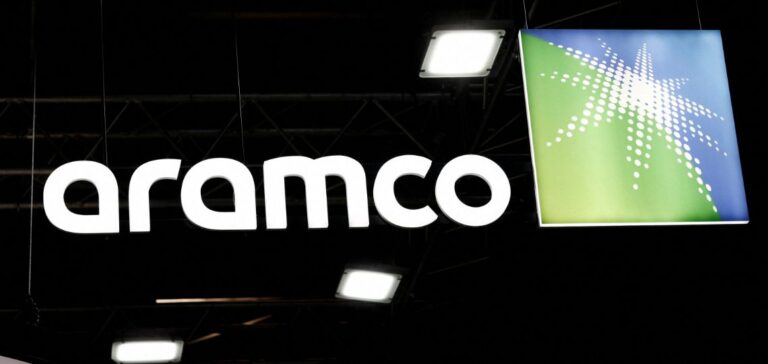The Saudi oil giant Aramco announced a 12.39% decrease in net profits for 2024, amounting to $106.25bn, compared to $121.25bn in the previous year. This reduction in profits is attributed to several factors, including a drop in oil prices and a decline in production volumes. Additionally, the company cited a fall in refined and chemical product prices, as well as higher operating costs.
Decline in oil prices and production
Aramco explained the decrease in profits by the drop in oil prices, which had fallen after reaching record levels in 2022. A barrel of oil, which had exceeded $130, has seen its value decline to around $75 in recent years, directly affecting the company’s revenues. The reduction in volumes sold also played a crucial role in this profit downturn.
The company also faced a more restrictive production strategy initiated by the Organisation of Petroleum Exporting Countries (OPEC+) and its allies. Starting in October 2022, OPEC+ began implementing production cuts aimed at stabilising the oil market and supporting prices. Aramco thus reduced its production by 500,000 barrels per day in April 2023, followed by a further cut of one million barrels per day in June 2023.
Impact on dividends and reform projects
Despite the profit decrease, Aramco announced that it expects to distribute dividends of $85.4bn in 2025, a significant decrease from the $124.3bn allocated the previous year. These dividends represent an essential part of the financing for the Vision 2030 programme, an ambitious initiative launched by Crown Prince Mohammed bin Salman. This programme aims to diversify the Saudi economy and prepare the country for a post-oil future.
Aramco remains a key player in financing major projects in Saudi Arabia, such as the development of Neom, a futuristic megacity under construction, and the building of a new mega-airport in Riyadh.
Implications for the global oil market
The decline in Aramco’s profits is not an isolated case. Other oil giants, such as Shell and TotalEnergies, also experienced profit drops of 17% and 26%, respectively, due to the global production surplus and uncertain demand. These results reflect the impact of production policies led by OPEC+ and the unpredictable fluctuations of oil prices on major players in the sector.
Analysts estimate that oil prices remain below the expectations of Gulf governments, including Saudi Arabia, which is striving to maintain a balance between economic goals and the realities of the global market.






















